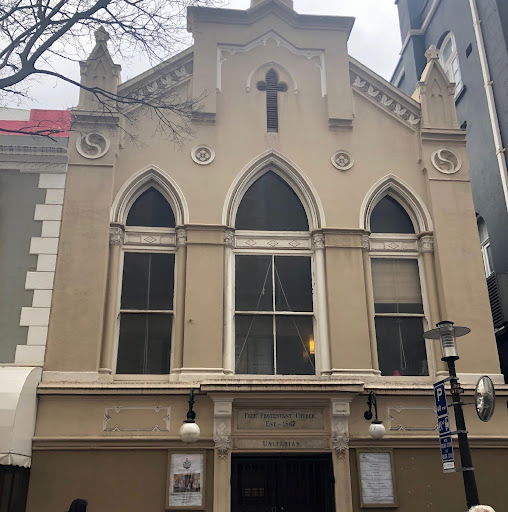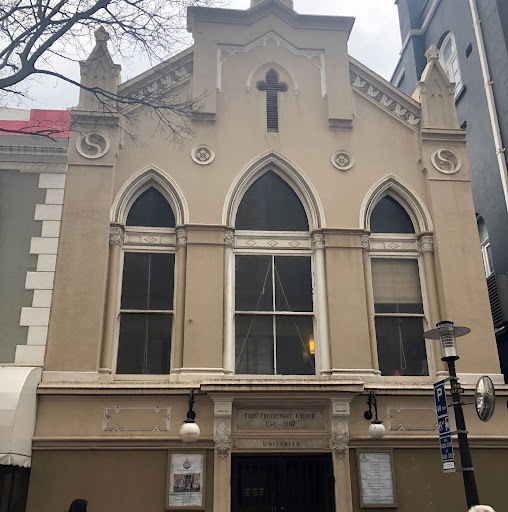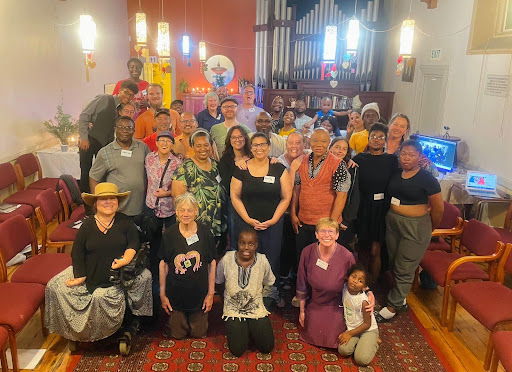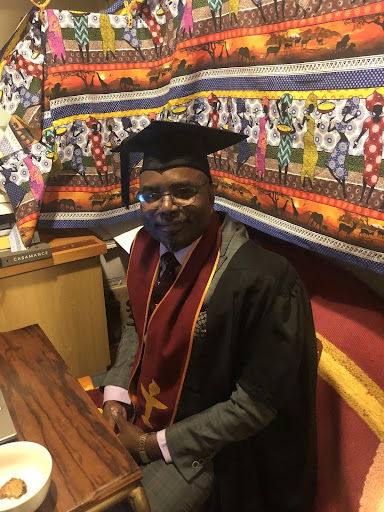A short history of the Cape Town Unitarians

The Cape Town Unitarian Church holds the distinction of being the oldest Unitarian congregation on the African continent. Its roots trace back to 1867, when the visionary Reverend Dawid Faure—trained in theology in Leiden, Netherlands—founded the congregation in Cape Town.
Faure, a former member of the Dutch Reformed Church, broke away due to his liberal theological views, particularly his rejection of dogma and insistence on rational religion, freedom of conscience, and the dignity of all people.
In 1890, the congregation moved to 64 Hout Street, in the centre of Cape Town, where they continue to meet today.

Early Unitarians in Cape Town gathered under the banner of free thought and religious tolerance. The church positioned itself as a progressive spiritual home for those seeking an open-minded approach to faith—one that embraced both reason and reverence and encouraged ethical living over dogma.
Throughout the 20th century, the church maintained its identity as a small but influential voice for liberal religion in South Africa. In the apartheid era, several of the CTU ministers, including Victor Carpenter, Bob Steyn and Gordon Oliver, stood on the side of justice and were active in the anti-apartheid movement.
The church continues today as a beacon for spiritual seekers, affirming the worth of every person, the interconnectedness of all life, and the power of compassion in action. The Cape Town Unitarian Church remains a vibrant, questioning, and justice-seeking community in the rich tapestry of South African religious life.

Most recently, A Congolese congregant and long-standing member of Cape Town Unitarians, Gur Mouanga, graduated from the Unitarian Seminary in Chicago in the USA. Currently our community is working on the possibility to have him ordained later this year.
